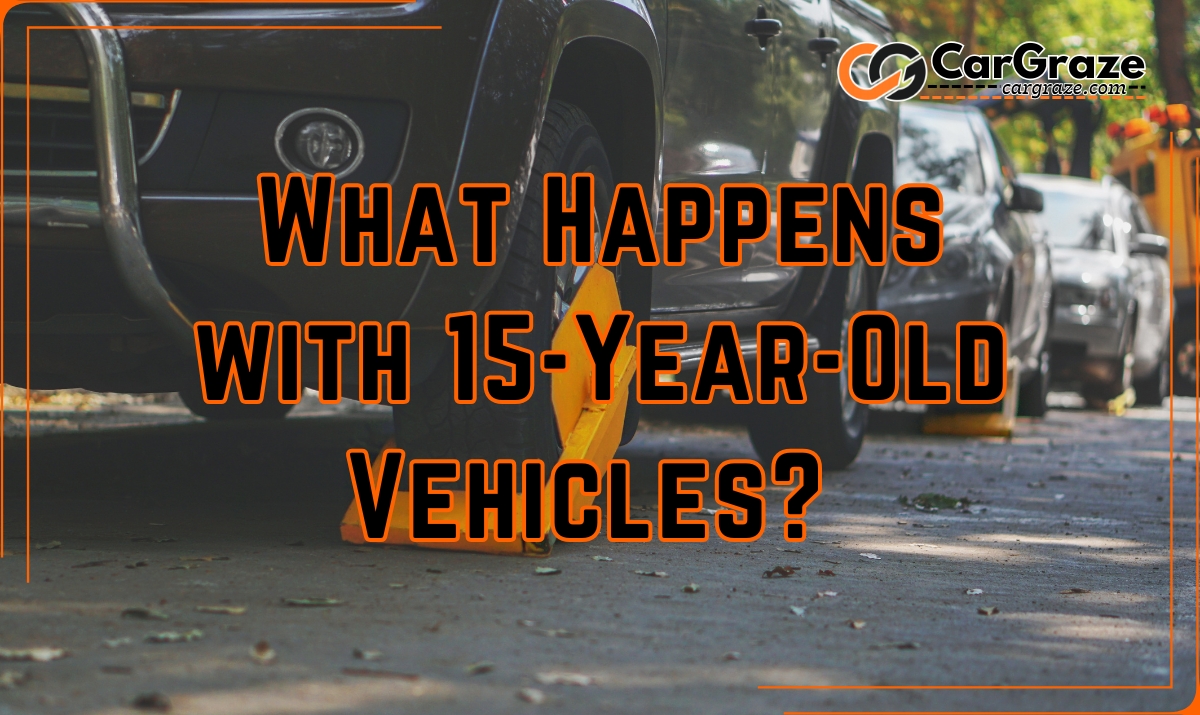
Vehicle Registration and Renewal Policies: What Every Indian Vehicle Owner Must Know
For millions of vehicle owners across the country, understanding the rules and regulations surrounding vehicle registration and renewal is essential. With evolving policies and strict compliance measures, this comprehensive guide explains everything you need to know about staying road-legal in India.
15-Year Registration Validity
The registration certificate (RC) for all new vehicles in India is valid for 15 years, whether the vehicle is for personal or business use. After this period, owners must renew their registration to continue driving their vehicles legally.
Categories of Vehicles: Non-Transport vs. Transport
Non-Transport Vehicles
These include private cars, scooters, and motorcycles used for personal purposes. After the initial 15-year validity, the RC can be renewed for five years at a time.
Transport Vehicles
Vehicles such as buses, trucks, and school buses, categorized as transport vehicles, must also meet additional fitness standards. A fitness certificate is required to ensure the vehicle is safe and environmentally compliant. Renewal of fitness certificates depends on the vehicle’s age:
- Every two years for vehicles up to 8 years old.
- Annually for vehicles older than 8 years.
Timelines and Penalties for Renewal
Owners are encouraged to renew their RCs well in advance:
- Non-Transport Vehicles: Apply 60 days before the RC expires.
- Transport Vehicles: Apply 90 days before the RC expires.
Failure to renew on time incurs penalties introduced on April 1, 2022:
- Non-Transport Vehicles: ₹300 per month.
- Transport Vehicles: ₹50 per month.
For example, if a private vehicle’s RC expired a year ago, the penalty would amount to ₹3600.
The Vehicle Scrappage Policy
To promote sustainability, the government has introduced a scrappage policy targeting older vehicles:
- Diesel Vehicles Over 15 Years Old: Restricted in regions like the NCR.
- Petrol Vehicles Over 15 Years Old: May face restrictions depending on local rules.
- Incentives for Scrapping: Owners scrapping their vehicles may receive discounts on new purchases or tax rebates.
Fitness Certificates for Commercial Vehicles
Commercial vehicles must maintain a valid fitness certificate to ensure roadworthiness. Failure to obtain one renders the vehicle’s registration invalid. The timeline for renewal is:
- Every two years for vehicles up to 8 years old.
- Annually for older vehicles.
Consequences of an Expired RC
Driving a vehicle with an expired RC is illegal. Unregistered vehicles are subject to fines, and owners may need to scrap vehicles that cannot be renewed. Additionally, transferring or selling vehicles with expired registrations is prohibited.
Special Regulations for NCR
In the National Capital Region, stricter environmental rules apply:
- Diesel Vehicles: Banned after 10 years.
- Petrol Vehicles: Restricted after 15 years.
Vehicles exceeding these limits may be used in other regions, provided they meet local regulations.
How to Renew Your RC
- Visit the RTO: Submit your application at the Regional Transport Office.
- Undergo Inspection: Ensure your vehicle passes the fitness test.
- Pay Fees: Clear renewal fees and applicable taxes.
- Collect Your RC: Receive your updated registration certificate.
Conclusion
Adhering to vehicle registration and renewal policies is crucial for maintaining safety and legality on Indian roads. The government’s scrappage policy also provides an opportunity to upgrade older vehicles to newer, eco-friendly models.
Stay informed and keep your vehicle compliant to avoid penalties. For more updates and expert tips on vehicles, visit CarGraze.com. Drive safe!



Comments